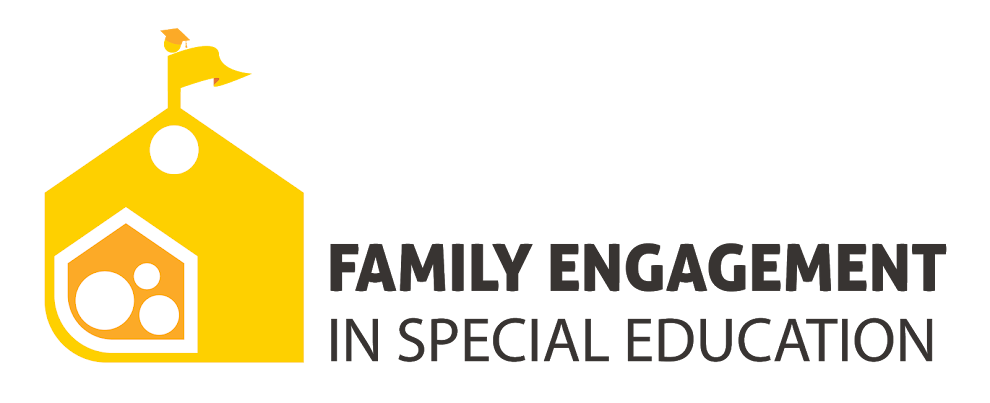When children transition from TEIS (Tennessee Early Intervention Services) into Preschool Services in the special education system in public schools, it can be a challenging time. Families do not always know where to begin. We will lay out a few helpful tips for getting started so you can rest easy knowing you will have your ducks in a row before your child turns 3 so you will be ready to leave behind the world of home-based services for a whole new world in a classroom!
1. Prepare for your child's first IEP (Individualized Education Program) meeting: Before your child turns 3 years old, your TEIS service coordinator will arrange for a transition IEP meeting if your child will continue to qualify for services in pre-school. Make sure you schedule this for a time that will work with your schedule so you can attend. Decide if you'd like to have anyone else there with you to help advocate for your child. Ideally this should be someone who knows you and your child.
2. Have your child's medical records ready: When you do set up your IEP meeting, you will want to make sure you share any outside evaluations and assessments your child has completed. The school will provide necessary evaluations as well to help identify what services your child will need. Some schools will only accept evaluations that they complete, but it is helpful to share your child’s medical records with your child’s IEP Team.
3. Understand LRE (Least Restrictive Environment): LRE is different for every child. This will be a big part of what you will want to discuss in your IEP meeting since it will determine where your child spends their time in the classroom. Click here for more info on LRE.
4. Complete all registration forms on time: Many school districts now offer online registration. If your school does not offer that yet, make sure you stop by your school’s office and pick up the packet of paperwork you will need to fill out and get it back as soon as possible. This allows for the school to have the information they need on all students who will be joining them in the Fall.
5. Visit the school: Your child's new school should welcome a visit from your family before your child starts. This will make everyone more comfortable during this transition because the teachers and staff will get to know you and your child, and you will get to know them. Just call the school office and set up a time. This is a great opportunity to make sure the school is a good fit for your child, and you can make sure that the environment truly is the least restrictive option for your child. If you have any concerns, be sure to speak up!
While this transition is one filled with big changes, the everyone’s goal is to see your child succeed and thrive in school! By being here and reading this post, you are already well on your way toward becoming more prepared. Good job on being dedicated to your child's education! For more information on how to stay engaged at school, be sure to follow us on social media: www.facebook.com/fespendtn







